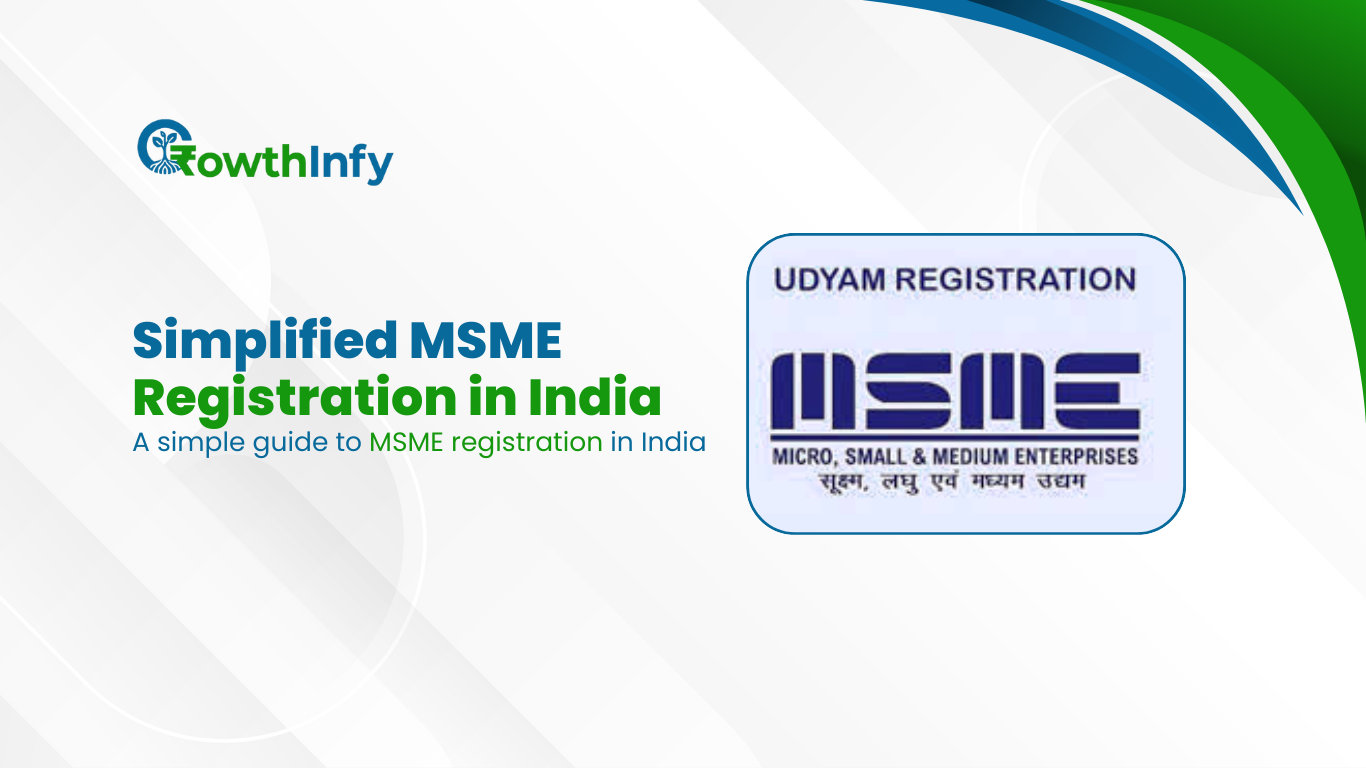The Role of Women Entrepreneurs in the Indian Startup Ecosystem
Women entrepreneurs are changing the landscape of startups in India and are paving the way for innovation, economic growth and social change. Indian women have had societal challenges and historical barriers which have made them bind their potential as entrepreneurs. Despite restrictions, women entrepreneurs have made a lasting impact on India’s social, economic and entrepreneurial landscape. For example, as of March 2023, women-run startups made up about 18% of all 80,000 startups in India. In this article, we will discuss the contribution of women entrepreneurs in India, the challenges they face, the various government schemes for women entrepreneurs, the various financial instruments to fund women entrepreneurs (such as loans, and other financial instruments) and much more.
The Rise of Women Entrepreneurship in India
Women entrepreneurship in India has observed huge growth supported by more education and technology, and enabling policies. The female entrepreneurship sector in India is expected to grow by 50% from 2014, according to a Global Entrepreneurship Monitor (GEM) report, with women like Falguni Nayar (Nykaa), and Ghazal Alagh (Mamaearth) blazing new trails in unicorn status; and indirectly inspiring more women to enter and lead in traditionally male-dominated sectors like tech, e-commerce, and biotech.
The impact of women-led startups goes beyond increasing economic contributions. They offer inclusive workplaces, they provide opportunities for more women (often over 50% representation in the workforce), and they cater to consumer needs which are often overlooked in the market, for example toxin-free baby care products, or menstrual health education. By 2030, women-owned businesses are expected to generate 150-170 million jobs, and that is a large contributor to India’s GDP growth.
Challenges Faced by Women Entrepreneurs
While women entrepreneurs in India have made significant strides, they continue to face real challenges. They encounter barriers relating to limited access to finance, with 90% of financing sourced from informal sources. Formal institutions often have biases that challenge the ability of women to access opportunities to secure funding for their business. Women also face societal norms requiring them to carry much of the family responsibilities while running and attempting to grow their business. Lack of mentorship, and limited networking opportunities, collectively poses additional challenges to women entrepreneurs trying to scale and grow their business.
Most women entrepreneurs operate micro-enterprises, with over 99% of women-owned MSMEs considered one-person businesses, they miss out on an opportunity to make real change. Gender-based stereotypes and low financial literacy often compound the problem when trying to secure loans or investment. It is apparent there is a need for targeted efforts and solutions, to support nurturing women entrepreneurship in India.
Government Schemes Empowering Women Entrepreneurs
In order to foster women’s entrepreneurship, the Indian government has introduced a number of schemes. For example, in 2019, NITI Aayog launched the Women Entrepreneurship Platform (WEP) to assist women and help them scale their ventures. The WEP provides mentorship, resources, and networking. Under the Government of India’s Stand-Up India scheme, loans of ₹10 lakh to ₹1 crore for greenfield projects are made available to women starting their business. The Stand-Up India scheme also mandates that there is at least one woman borrower from each scheduled commercial bank branch.
The Udyogini Scheme, launched by the Women Development Corporation, provides financial support to women in rural areas and certain backward areas, offering loans up to ₹3 lakh to women wanting to start small businesses. The Trade Related Entrepreneurship Assistance and Development (TREAD) scheme provides funding of up to 30% of the project costs of establishing a women-led enterprise. Through these schemes, the Government of India, aims to address the gender gap with respect to entrepreneurship and facilitate greater economic empowerment of women.
Women Entrepreneurship Loans: Financial Empowerment
Access to finance is very important for women entrepreneurs to start and/or grow their business. The Mudra Yojana under the Pradhan Mantri Mudra Yojana (PMMY) offers micro-loans of up to ₹10 lakh, a decent amount of which has been availed by women, especially for micro-enterprises. The Annapurna Scheme also provides loans of up to ₹50,000 for women micro-entrepreneurs in the food and catering sector and has eased access to finance for small-scale food and catering entrepreneurs.
Public and private banks, as well as NBFCs, have also introduced loan products for women, e.g. the Cent Mahila Scheme by Central Bank of India, and Dena Shakti Scheme by Dena Bank, which has been able to provide different levels of concessional interest to women entrepreneurs. However, many women entrepreneurs still face challenges such as lack of collateral and documentation, for which they need to improve their learning and awareness of finance.

Impact of Women Entrepreneurs on the Startup Ecosystem
Women entrepreneurs are reshaping India’s startup landscape, creating new ways for solving old problems, providing more inclusive solutions. Aditi Gupta, for example, is changing the conversation on menstrual health both with her organization Menstrupedia, which is focused on educating people about menstrual health, and as a woman breaking taboos around menstruation. Kiran Mazumdar-Shaw’s Biocon has changed the face of biotech in India, making it a global force in the industry. The economic impact of these businesses are helping to employ more people and added to the economy in general, but they also have a social impact by helping to promote social change.
Women-led startups are also more likely to produce a return on investment than male-led startups, roughly 35 percent higher ROI on average. They tend to have lower costs because they operate using limited resources and a lean business model. The mission of women-led startups is usually focused on sustainability, community welfare, and social justice. They also take the environmental sustainability and social justice vision into their businesses and life, which is a unique contribution to India’s startup ecosystem. They introduce new perspectives that involve promoting gender parity and empowering future generations.
Overcoming Barriers: Strategies for Success
Women entrepreneurs must use and maximize mentorship programs and networking platforms, such as WEP and SHEROES, to overcome many barriers. Increasing one’s financial literacy is key for understanding the loan process and accessing funding. Unfortunately, many women entrepreneurs may not know that incubators and accelerators available through the Startup India program can streamline funding and deliver technical and strategic assistance.
Women entrepreneurs looking to expand their businesses beyond geography into a larger market, especially in the context of international competition, can also embrace digital tools and ecommerce platforms. For actionable strategies for digital transformation as a woman entrepreneur, be sure to check out GrowthInfy’s blog on digital marketing for startups. Implementing these strategies is critical to empower women to successfully grow their ventures and compete on the global stage.
Success Stories of Women Entrepreneurs
- Falguni Nayar (Nykaa): Transitioning from investment banking, Nayar founded Nykaa in 2012, now valued at ₹56,600 crores, revolutionising India’s beauty and wellness e-commerce.
- Ghazal Alagh (Mamaearth): Co-founding Mamaearth in 2016, Alagh addressed the need for toxin-free personal care, achieving a ₹15,500 crore valuation.
- Kiran Mazumdar-Shaw (Biocon): Starting Biocon in a garage with ₹10,000, Shaw built a biotech empire worth nearly $7 billion, inspiring countless entrepreneurs.
These stories highlight the resilience and innovation of women entrepreneurs, paving the way for others to follow.

The Future of Women Entrepreneurship in India
Women entrepreneurship in India appears to have a bright future, as estimates suggest it could rise to 33% of all businesses by 2030. Government initiatives and support from the private sector are helping to build an enabling environment for women entrepreneurs in India. There are obstacles, like addressing gender biases in funding and providing proper access to mentors.
Technology will be key, as it allows women to harness applications like AI, e-commerce, and digital marketing in order to scale their business. By continuing to advance inclusive policies and promoting women to pursue STEM education, India has an unparalleled opportunity to utilize the full potential of its women entrepreneurs in bringing about sustainable economic development.
Conclusion
Women entrepreneurs represent the backbone of India’s emerging startup ecosystem. Entrepreneurs are critical to economic growth, job creation and social empowerment. Despite limitations in funding, society and systems, programs like the WEP & Stand-Up India scheme and women-specific loans for entrepreneurship are all stepping stones to success for women. Responsively using access to mentor support, digital platforms, and public support from the Government, women can overcome challenges and develop their transformational impact.
For many more resources on scaling your startup journey, take a look at GrowthInfy’s startup trends blog and think of the rise of women entrepreneurs as not simply a trend but a movement to change the future of India.




